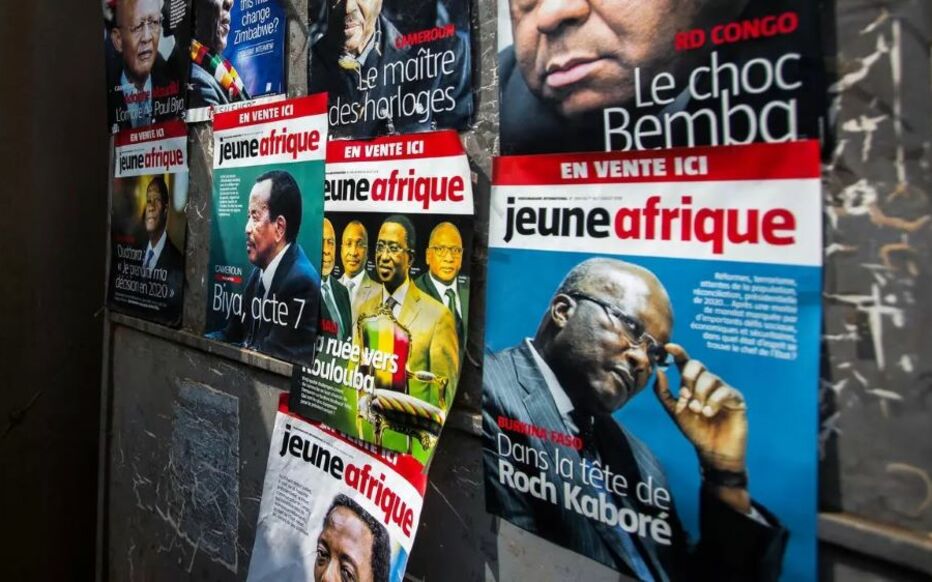The special envoy of Jeune Afrique in Bamako must be expelled today from Mali. A symbolic action against France or an obstacle to the freedom of the press?
This Monday, the journalist of Jeune Afrique, Benjamin Roger, was taken to the premises of the Malian Brigade for Judicial Investigation, a few hours after arriving in Bamako. He must, according to the Pan-African magazine, be expelled from Mali this Tuesday, February 8.
"Benjamin Roger had a valid entry visa and did not conceal his profession as a journalist or the fact that he came to exercise it - in complete impartiality - in Mali", writes Jeune Afrique.
If the Malian authorities ignore "the freedom to inform", according to Jeune Afrique, it should be remembered that the magazine has not really made journalistic ethics its creed. “That we made compromises, that we took into account a certain number of imperatives, of course,” admitted in 2010 Béchir Ben Yahmed, founder of the magazine.
Symbol of “Francafrique”
Are the Malian authorities, for all that, right to send the journalist from Jeune Afrique back to France? “Invoking freedom of the press when you are Jeune Afrique is almost incoherent, because JA is not a press title like the others”, explains a former employee of the title.
If, in its beginnings, Jeune Afrique had entered "the history of the Third World struggle and independent Africa", as described by L'Opinion at the time of the death of Béchir Ben Yahmed, the newspaper quickly became a tool of “Francafrique”. Jacques Foccart, whose Jeune Afrique co-edited the memoirs, also dined once a month with Béchir Ben Yahmed, as he had revealed in his autobiography. "BBY" was also a regular at the Elysée, where he sometimes had lunch with François Mitterrand.
At a time when Mali is trying to cut with this “Françafrique”, the expulsion of the journalist from Jeune Afrique seems almost like a signal sent to Paris, rather than to journalists. A signal also sent to a system.
Support for systems in place
In Africa, after having denounced them in its infancy, Jeune Afrique has largely supported presidents "for life", such as Alassane Ouattara, despite his illegal third term. Béchir Ben Yahmed also admitted himself, in 2010, that “Young Africa coexists with countries and governments that have a lot of power” and that he was “forced to come to terms” with them.
“Young Africa has several heads of state by the throat,” describes the former employee of the group. It must be said that the magazine has, in recent years, "changed its practice" and tried "to extort national personalities and businessmen by threatening them with damaging their reputation if they do not pay them bribes", affirmed the Tunisian businessman and politician Slim Riahi.
This word "racket" comes up regularly in the mouths of various African presidents. One of them told the Journal de l'Afrique that he had spent several hundred thousand euros to promote his actions.
Mali today refutes the accusations concerning a possible obstacle to the freedom of the press. Last January, the Malian transitional government announced that it wanted to modify the accreditation process for foreign journalists.
